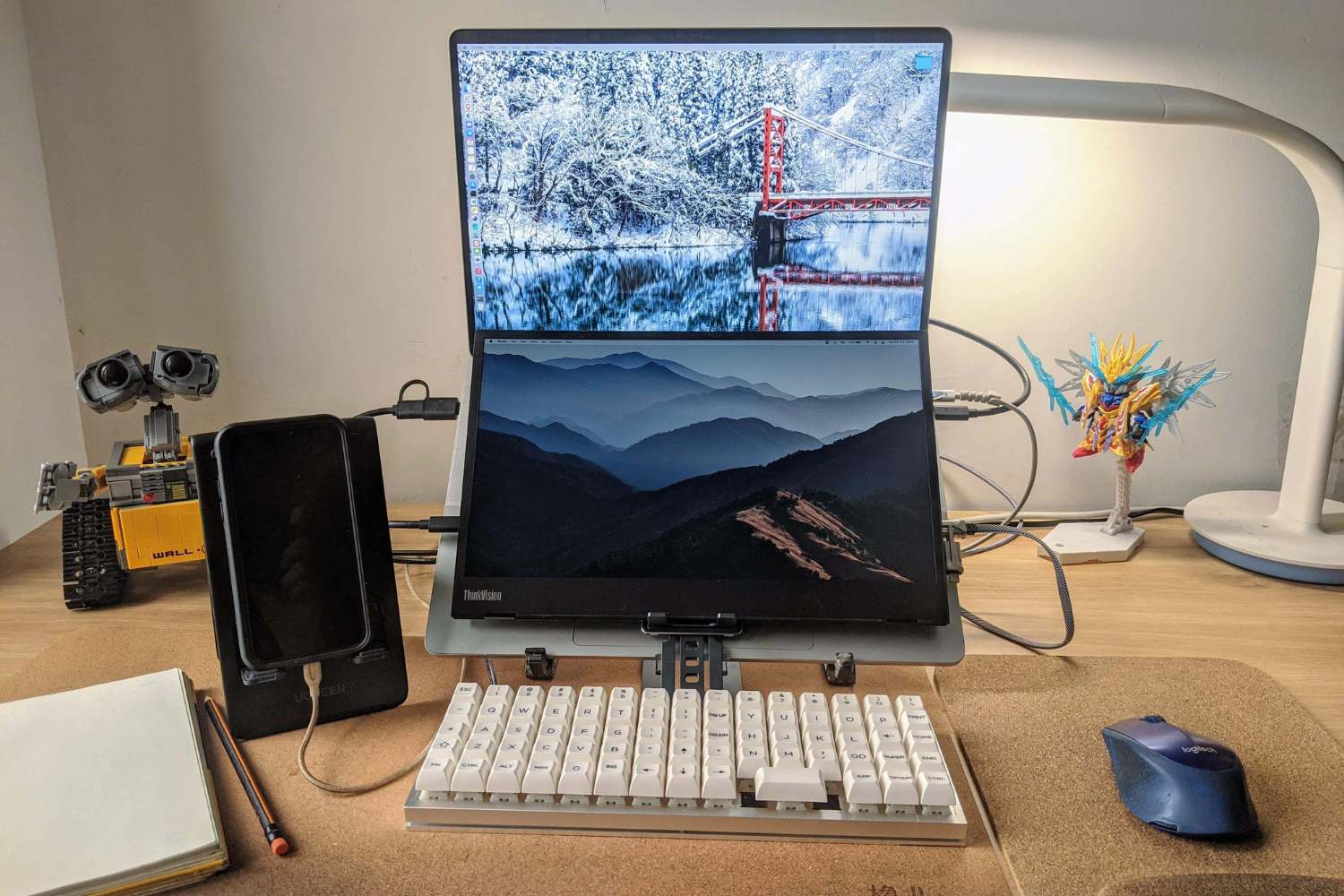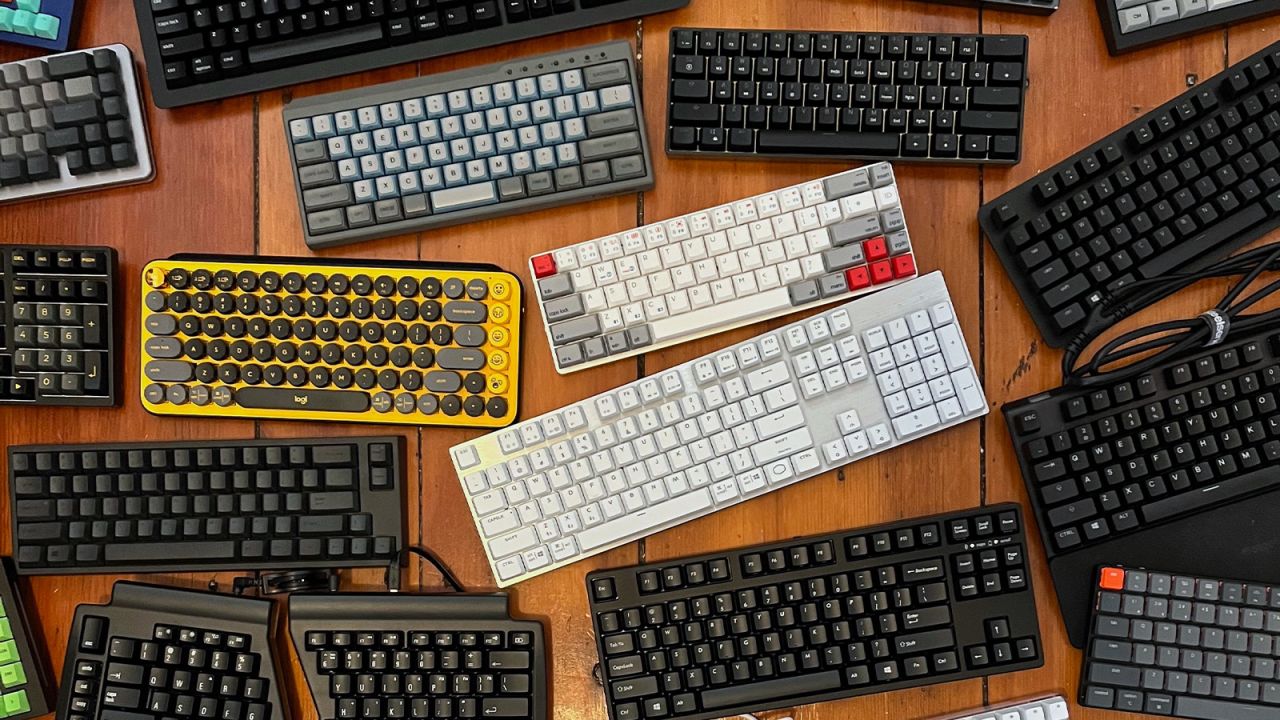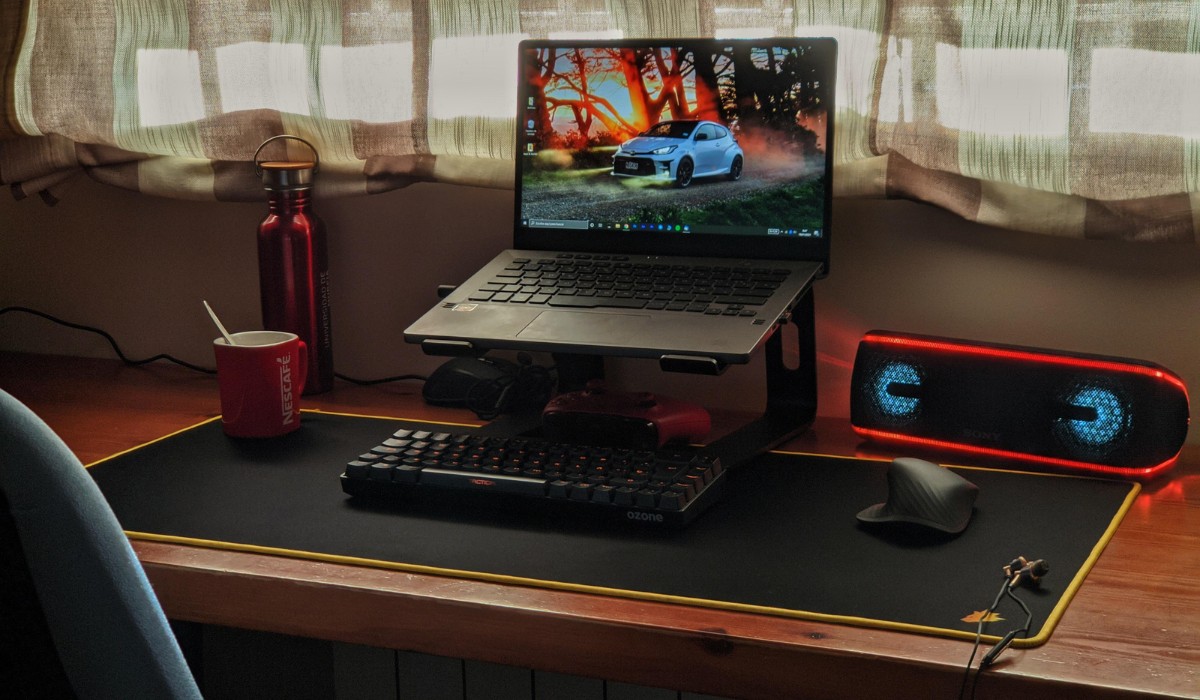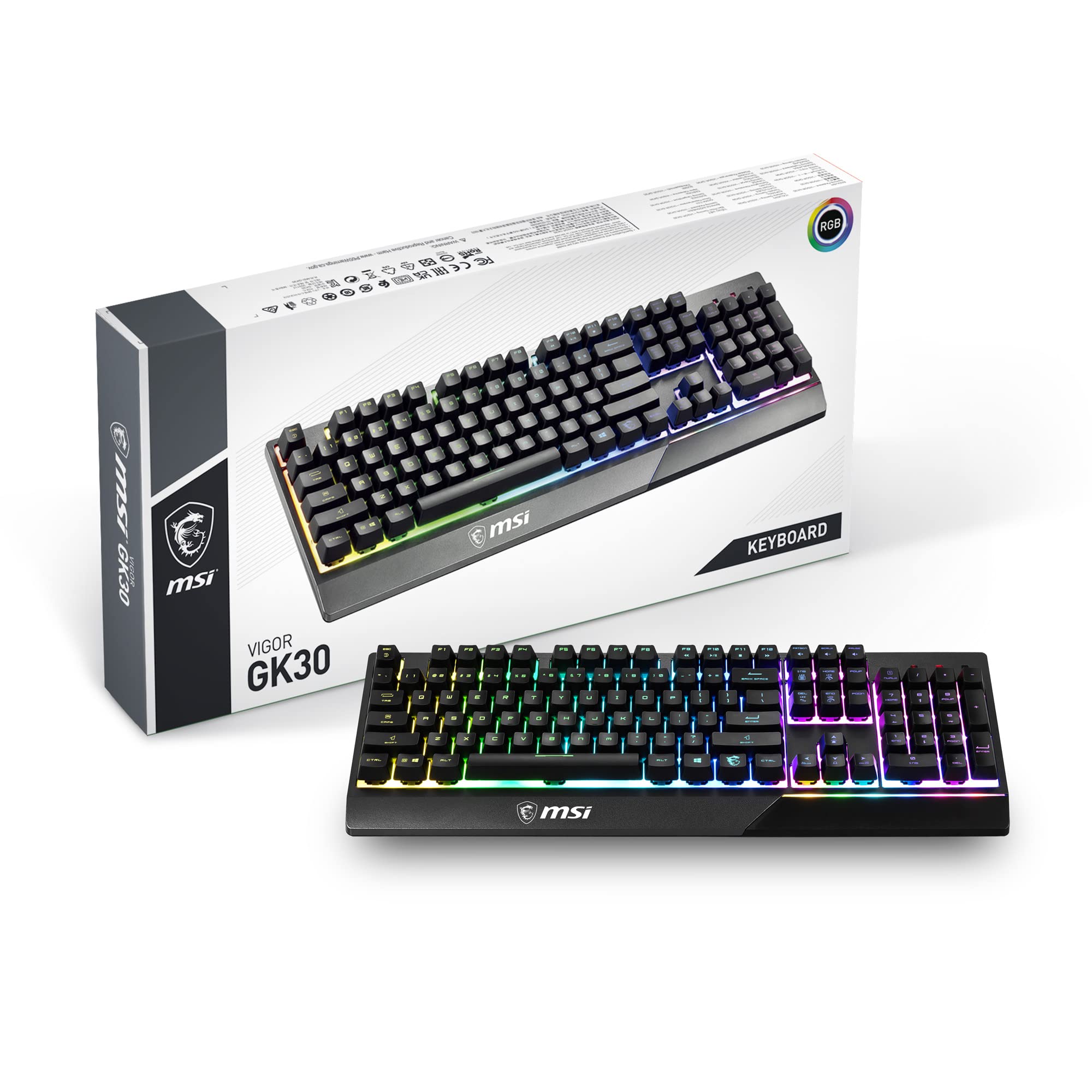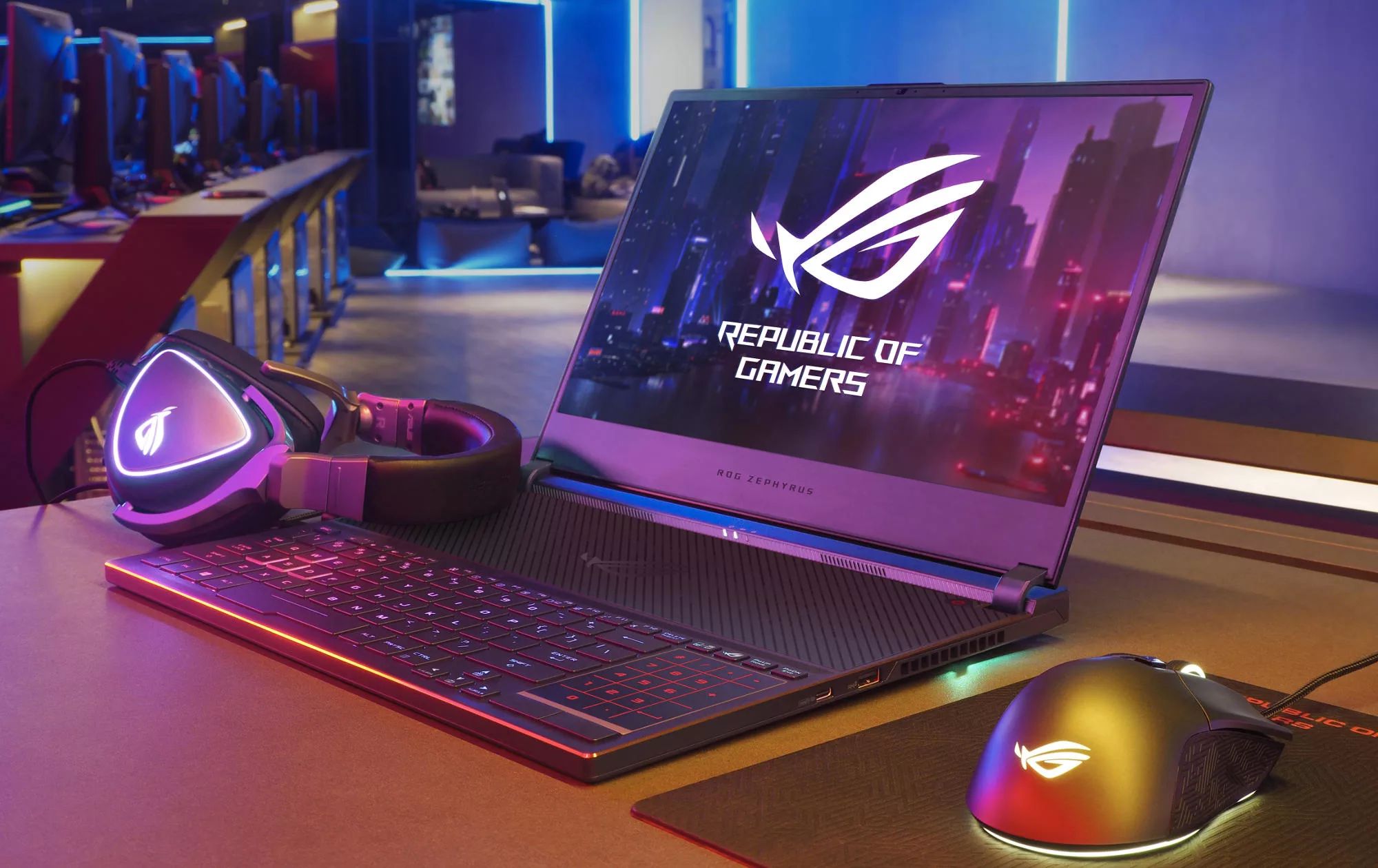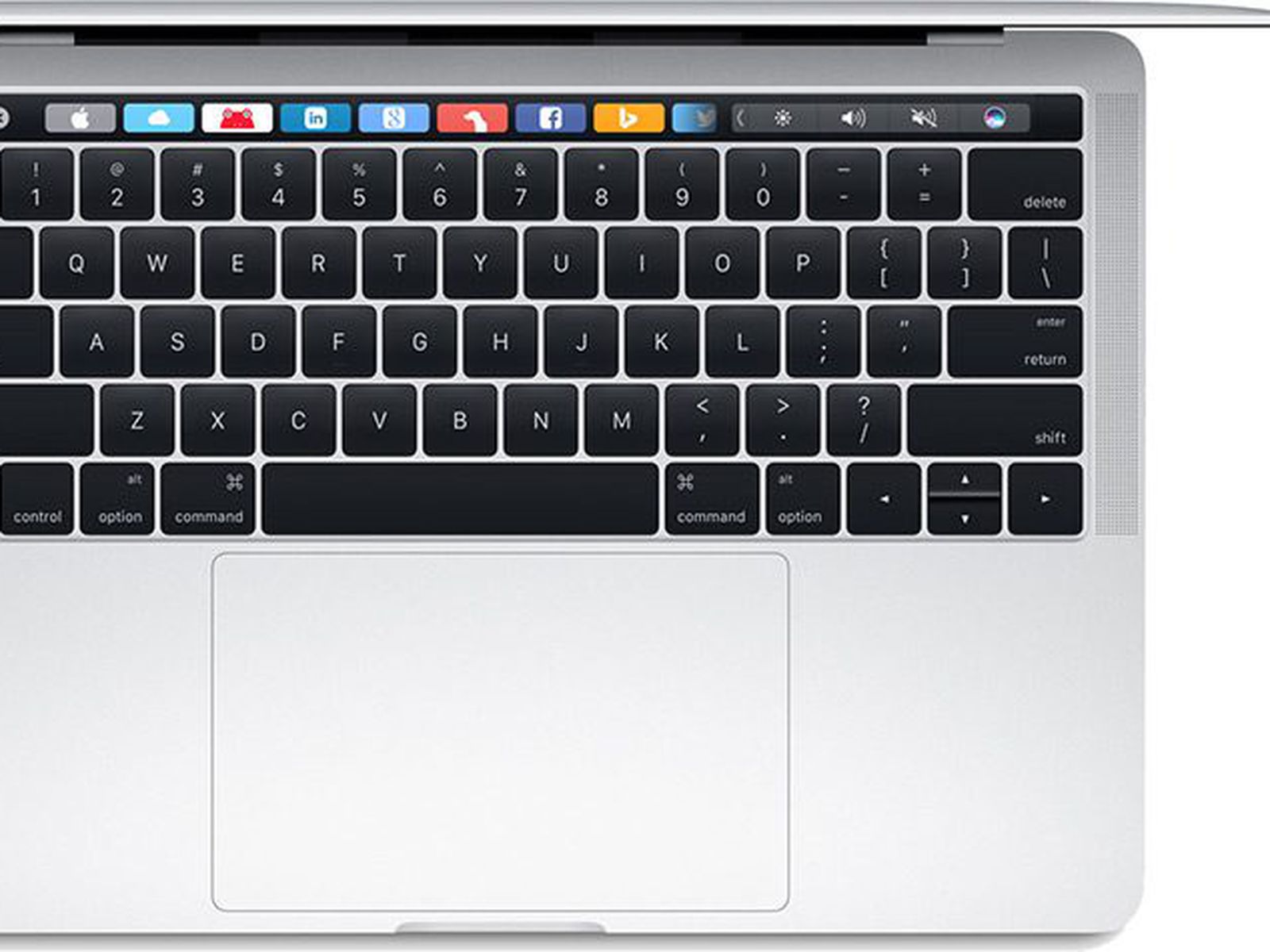Introduction
Introduction
Using a mechanical keyboard with a laptop can significantly enhance your typing experience, whether you are a professional writer, a programmer, or a gaming enthusiast. While laptops come with built-in keyboards, many users find them less satisfying due to their membrane-based construction, which lacks the tactile feedback and durability of mechanical keyboards. The distinct "click-clack" sound and responsive keys of a mechanical keyboard can elevate your productivity and overall satisfaction with your laptop usage.
The popularity of mechanical keyboards has surged in recent years, with an array of options available to cater to different preferences and needs. Whether you seek a more comfortable typing experience, improved typing speed, or a competitive edge in gaming, a mechanical keyboard can be a valuable addition to your laptop setup. This article will delve into the benefits of using a mechanical keyboard with a laptop, guide you through the process of selecting the right mechanical keyboard, explain how to connect it to your laptop, and offer tips for customizing and optimizing your typing experience. By the end of this article, you will be equipped with the knowledge and confidence to seamlessly integrate a mechanical keyboard into your laptop workflow.
As we explore the world of mechanical keyboards and their compatibility with laptops, you will gain insights into how this simple yet impactful upgrade can transform your typing and gaming experiences. Let's embark on this journey to discover the synergy between mechanical keyboards and laptops, and unlock the potential for enhanced productivity and enjoyment.
Benefits of Using a Mechanical Keyboard with a Laptop
Using a mechanical keyboard with your laptop offers a multitude of benefits that can significantly enhance your overall typing and user experience. Here are some compelling reasons to consider integrating a mechanical keyboard into your laptop setup:
- Enhanced Typing Experience: Mechanical keyboards provide tactile feedback and distinct key presses, resulting in a more satisfying and comfortable typing experience compared to membrane-based laptop keyboards. The tactile feedback can reduce typing errors and fatigue, allowing for longer and more productive typing sessions.
- Durability and Longevity: Mechanical keyboards are known for their robust construction and durable key switches, making them more resilient to heavy usage. With proper maintenance, a high-quality mechanical keyboard can outlast multiple laptop upgrades, offering a long-term investment in your typing setup.
- Precision and Speed: The responsive nature of mechanical key switches enables faster and more precise typing, which can be advantageous for professionals, gamers, and anyone seeking to optimize their typing speed and accuracy.
- Customization Options: Many mechanical keyboards offer customizable keycap designs, backlighting options, and programmable keys, allowing you to personalize your typing experience to suit your preferences and aesthetic tastes.
- Aesthetic Appeal: Mechanical keyboards come in a variety of styles, from minimalist designs to vibrant, customizable options. Adding a mechanical keyboard to your laptop setup can enhance the visual appeal of your workspace and reflect your personal style.
- Improved Gaming Performance: For gaming enthusiasts, the tactile feedback and precise key actuation of mechanical keyboards can elevate gaming performance, providing a more immersive and responsive gaming experience compared to standard laptop keyboards.
By incorporating a mechanical keyboard into your laptop workflow, you can elevate your typing experience, improve productivity, and personalize your setup to align with your unique preferences and usage patterns. The benefits of using a mechanical keyboard extend beyond mere functionality, offering a blend of practical advantages and aesthetic appeal that can enhance your overall computing experience.
Choosing the Right Mechanical Keyboard for Your Laptop
When selecting a mechanical keyboard to complement your laptop, several factors should be considered to ensure that the keyboard aligns with your preferences, usage requirements, and budget. Here are essential considerations to guide you in choosing the right mechanical keyboard for your laptop:
- Key Switches: Mechanical keyboards feature different types of key switches, each offering distinct tactile feedback and actuation characteristics. Common switch options include Cherry MX, Gateron, and Kailh, with variations in actuation force, noise levels, and tactile feedback. Consider testing different switch types to determine the most suitable option for your typing or gaming needs.
- Form Factor: Mechanical keyboards are available in various form factors, including full-size, tenkeyless (TKL), and compact designs. Assess your workspace and portability requirements to choose a form factor that complements your laptop setup and aligns with your spatial constraints.
- Build Quality: Opt for a mechanical keyboard with a sturdy build and durable materials to ensure longevity and consistent performance. Aluminum or steel frames, double-shot keycaps, and braided cables are indicators of robust build quality and long-term reliability.
- Backlighting and Customization: If backlighting and customization options are important to you, consider keyboards with customizable RGB lighting, programmable keys, and software support for personalized configurations. These features can enhance the visual appeal and functionality of your mechanical keyboard.
- Compatibility and Connectivity: Ensure that the mechanical keyboard is compatible with your laptop’s operating system and offers convenient connectivity options, such as USB-C, Bluetooth, or wireless capabilities, based on your preference for wired or wireless setups.
- Budget and Brand Reputation: Set a budget for your mechanical keyboard purchase and research reputable brands known for producing high-quality keyboards. While there are budget-friendly options available, investing in a reliable and well-reviewed mechanical keyboard can ensure a satisfying and enduring typing experience.
By carefully evaluating these factors and conducting thorough research, you can make an informed decision when choosing a mechanical keyboard that seamlessly integrates with your laptop while meeting your specific typing or gaming requirements. The right mechanical keyboard can elevate your overall user experience and provide a satisfying and personalized typing interface for your laptop usage.
Connecting Your Mechanical Keyboard to Your Laptop
Connecting a mechanical keyboard to your laptop is a straightforward process, offering the flexibility to customize your typing setup and enjoy the benefits of a tactile and responsive keyboard interface. Whether you prefer a wired or wireless connection, the following steps will guide you through the process of seamlessly integrating your mechanical keyboard with your laptop:
- Wired Connection: If your mechanical keyboard utilizes a USB interface, simply connect the keyboard’s USB cable to an available USB port on your laptop. Most modern laptops feature multiple USB ports, allowing for convenient and secure wired connections without the need for additional drivers or software installation.
- Wireless Connection: For wireless mechanical keyboards equipped with Bluetooth or proprietary wireless technology, ensure that your laptop supports the corresponding wireless connectivity. Activate the pairing mode on your keyboard and follow the laptop’s Bluetooth pairing process to establish a wireless connection. Some keyboards may require the installation of specific drivers or software for optimal wireless functionality.
- Driver Installation (if required): In certain cases, particularly for advanced customization features or specialized key functionalities, your mechanical keyboard may require the installation of specific drivers or software. Visit the manufacturer’s website to download the appropriate drivers and follow the installation instructions to unlock the full potential of your keyboard’s capabilities.
- Custom Key Mapping: Once your mechanical keyboard is connected to your laptop, you may wish to customize key mappings, create macros, or adjust backlighting settings. Many mechanical keyboards offer dedicated software or firmware that enables extensive customization, allowing you to tailor the keyboard’s functionality to your specific preferences and usage scenarios.
- Testing and Configuration: After connecting your mechanical keyboard, perform a brief typing test to ensure that all keys are responsive and functioning as expected. Explore the customization options provided by the keyboard’s software or firmware to fine-tune settings, personalize lighting effects, and optimize the keyboard for your unique typing or gaming requirements.
By following these steps, you can seamlessly connect your mechanical keyboard to your laptop, whether through a wired or wireless interface, and begin enjoying the enhanced typing experience and customization options offered by your mechanical keyboard. The process of connecting and configuring your mechanical keyboard is designed to be intuitive and user-friendly, empowering you to tailor your typing setup to your individual preferences and elevate your overall computing experience.
Customizing Your Mechanical Keyboard Settings
Customizing the settings of your mechanical keyboard allows you to personalize the typing experience, optimize key functionalities, and enhance the visual appeal of your keyboard. Whether you prioritize key remapping, lighting effects, or macro creation, the customization options available for mechanical keyboards provide a versatile platform for tailoring the keyboard to your unique preferences. Here are essential aspects of customizing your mechanical keyboard settings:
- Key Remapping: Many mechanical keyboards offer software or firmware support for remapping keys, allowing you to reassign key functions to suit your typing or gaming needs. Whether you prefer a customized layout or specialized key configurations, key remapping empowers you to create a personalized typing interface.
- Lighting Effects: RGB-equipped mechanical keyboards often feature customizable lighting effects, including individual key illumination, dynamic color patterns, and brightness adjustments. By customizing the lighting effects, you can enhance the visual appeal of your keyboard and create an immersive typing or gaming environment.
- Macro Creation: For productivity and gaming enthusiasts, the ability to create and assign macros to specific keys can streamline complex tasks and enhance in-game efficiency. Macro creation software allows you to record and assign multi-step commands or keystroke sequences to a single key, optimizing your workflow and gaming performance.
- Profile Management: Some mechanical keyboards support profile management, enabling you to save and switch between multiple keyboard configurations. Whether you require distinct settings for work, gaming, or creative tasks, profile management offers the flexibility to seamlessly transition between customized keyboard setups.
- Software Integration: Explore the compatibility of your mechanical keyboard with dedicated software that provides advanced customization options. Manufacturer-provided software often includes intuitive interfaces for adjusting settings, creating profiles, and synchronizing lighting effects, offering a comprehensive platform for customizing your keyboard experience.
By leveraging these customization options, you can tailor your mechanical keyboard to align with your specific usage scenarios, ergonomic preferences, and aesthetic preferences. The ability to fine-tune key functionalities, lighting effects, and macro assignments empowers you to create a personalized and optimized typing interface that complements your laptop usage, productivity goals, and gaming endeavors.
Tips for Using a Mechanical Keyboard with Your Laptop
Integrating a mechanical keyboard into your laptop setup can significantly enhance your typing and gaming experiences. To maximize the benefits of using a mechanical keyboard with your laptop and ensure a seamless and enjoyable user experience, consider the following tips and best practices:
- Typing Posture and Ergonomics: Maintain a comfortable and ergonomic typing posture when using your mechanical keyboard with your laptop. Position the keyboard at an optimal height and angle to promote wrist alignment and minimize strain during extended typing sessions.
- Regular Maintenance: Keep your mechanical keyboard clean and free of debris by regularly removing keycaps for cleaning and using compressed air to remove dust and particles from the key switches. Routine maintenance can preserve the keyboard’s performance and longevity.
- Keycap Customization: Explore the option of customizing your mechanical keyboard with aftermarket keycap sets to personalize the look and feel of the keyboard. Keycap customization allows you to express your individual style and enhance the tactile experience of the keyboard.
- Adjusting Actuation Force: Some mechanical keyboards offer adjustable actuation force settings, allowing you to customize the amount of force required to register key presses. Experiment with different actuation settings to find the optimal balance of responsiveness and comfort for your typing preferences.
- Utilizing Keyboard Shortcuts: Take advantage of the programmable keys on your mechanical keyboard to assign frequently used shortcuts, commands, or macros, streamlining your workflow and increasing productivity while using your laptop.
- Exploring Software Features: Familiarize yourself with the customization software provided by the manufacturer to unlock advanced features, such as per-key lighting control, macro recording, and profile management. Delving into the software capabilities can enhance your overall keyboard customization experience.
- Adapting to Tactile Feedback: Embrace the tactile feedback and distinct key presses offered by your mechanical keyboard, allowing yourself to adjust to the responsive nature of the keys and capitalize on the improved typing speed and accuracy they provide.
By incorporating these tips into your mechanical keyboard usage, you can optimize your typing experience, maintain the keyboard’s performance, and harness the full potential of its customization features. Embracing ergonomic practices, exploring customization options, and adapting to the tactile feedback of your mechanical keyboard can elevate your laptop usage and transform the way you interact with your digital workspace.
Conclusion
Integrating a mechanical keyboard with your laptop presents a myriad of benefits, ranging from enhanced typing comfort and precision to customizable features that cater to your individual preferences. The synergy between a mechanical keyboard and a laptop creates a versatile and personalized typing environment, empowering you to optimize productivity, gaming performance, and overall user satisfaction.
As you explore the world of mechanical keyboards, it becomes evident that the tactile feedback, durable construction, and customization options offered by these keyboards elevate the typing and gaming experiences, transcending the limitations of traditional laptop keyboards. The process of selecting the right mechanical keyboard, connecting it to your laptop, and customizing its settings provides an opportunity for personalization and ergonomic refinement, aligning the keyboard with your unique usage patterns and aesthetic preferences.
By embracing the tips for using a mechanical keyboard with your laptop, including ergonomic practices, maintenance routines, and customization techniques, you can harness the full potential of your keyboard and immerse yourself in a tailored and optimized typing interface. The seamless integration of a mechanical keyboard with your laptop encapsulates a harmonious blend of functionality, style, and performance, enhancing your digital interactions and transforming your computing experience.
Ultimately, the decision to incorporate a mechanical keyboard into your laptop setup transcends mere practicality; it encapsulates a journey of personalization, creativity, and ergonomic refinement, culminating in a symbiotic relationship between technology and user experience. As you embark on this journey, the tactile allure and customizable allure of mechanical keyboards will continue to enrich your laptop usage, offering a gateway to enhanced productivity, creativity, and enjoyment in your digital endeavors.







